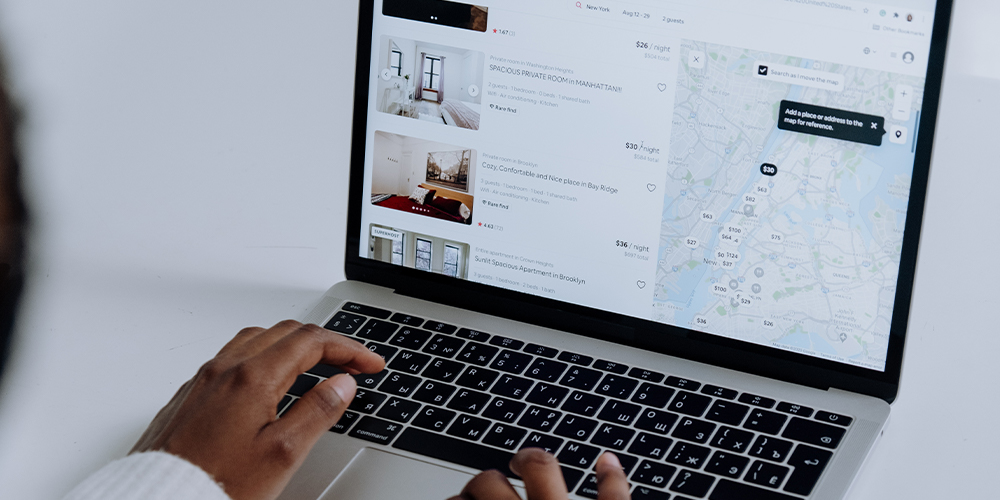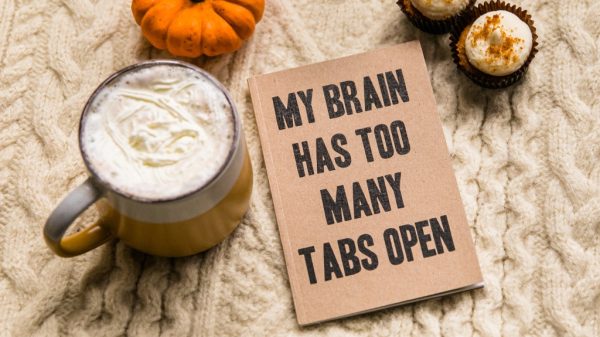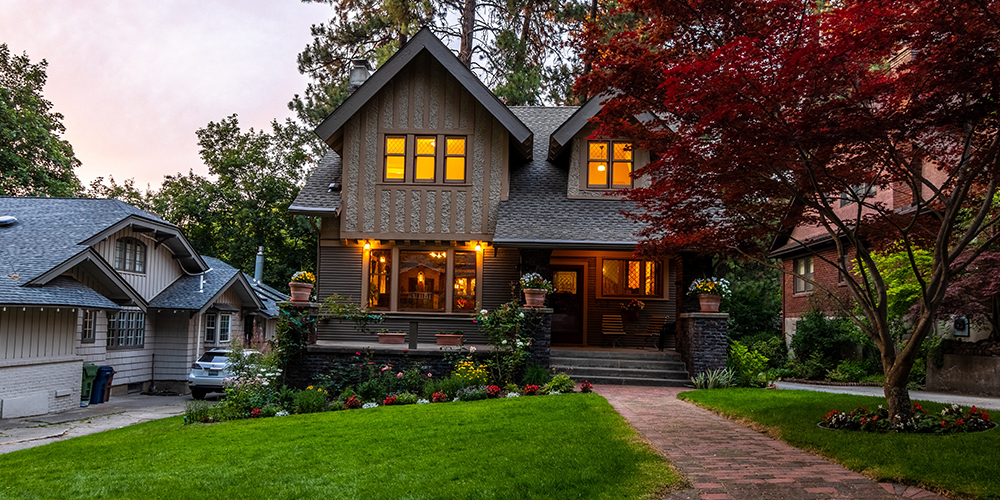Since the pandemic spread across the globe, misinformation regarding the Coronavirus, its treatment, and the long-term ramifications of a pandemic has been widespread. This phenomenon that has affected, among other industries, real estate.
As practitioners, here are a few myths you’re likely to experience in the current market.
The first myth—and, arguably, the most prevalent one—asserts that selling your home amidst COVID-19 restrictions is a poor choice.
In fact, the opposite is true: Danielle Hale, a real estate expert, explains that people have been able to sell at relatively high rates despite the pandemic. “As long as buyer demand remains strong, I expect the market to remain tipped in favor of sellers,” she adds.
Of course, both taking the proper precautions during showings and maintaining social distancing–along with affording buyers an appropriate amount of grace when settling on a closing date–are important attributes of making a successful sale during this time.
Another myth you’ll probably hear about is tangentially connected to the first–that home prices are declining, thus making it, again, a bad time to sell. This is simply untrue; Lawrence Yun of the NAR points to low mortgage rates, as well as a general lack of people selling during this time, as the culprit. It makes sense that people would want to protect their investments for the time being, after all.
Thirdly, and lastly in the buying-and-selling myth pantheon, you’ll find that people are actually buying houses more now than they were before the pandemic—a direct answer to the myth that buyers are hesitant to close on properties for now. Just like the last item, you can look to low interest rates and high demand as the justification here.
Then, there is the myth that you can no longer tour homes in person seems real enough, and it may be standard practice for some sellers; however, the majority of homes being sold in the United States, as of now, are viewable in person—and, more importantly, with the viewer’s safety at the forefront of the seller’s endeavors. However, SFGate does point out that, due to rising cases in much of the United States, some of these restrictions may eventually return.
Finally, the myth that buyers are actively attempting to leave cities in favor of suburb living seems to be circulating as of late. SFGate acknowledges that this myth is “partly true”, but that doesn’t mean city listings aren’t available—nor does it mean city dwellings will begin to lose their value. After all, urban living has consisted of largely prime real estate for as long as any of us can remember, and the Coronavirus probably won’t outlast that allure.
The bottom line is this: Real estate, like everything else, has been affected by COVID-19—but it hasn’t been completely turned on its head and wiped out like some may think.
This story was first published July 31, 2020.
Jack Lloyd has a BA in Creative Writing from Forest Grove's Pacific University; he spends his writing days using his degree to pursue semicolons, freelance writing and editing, oxford commas, and enough coffee to kill a bear. His infatuation with rain is matched only by his dry sense of humor.














































